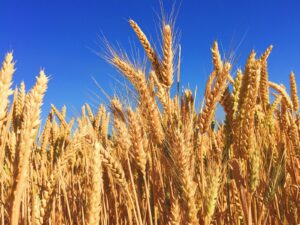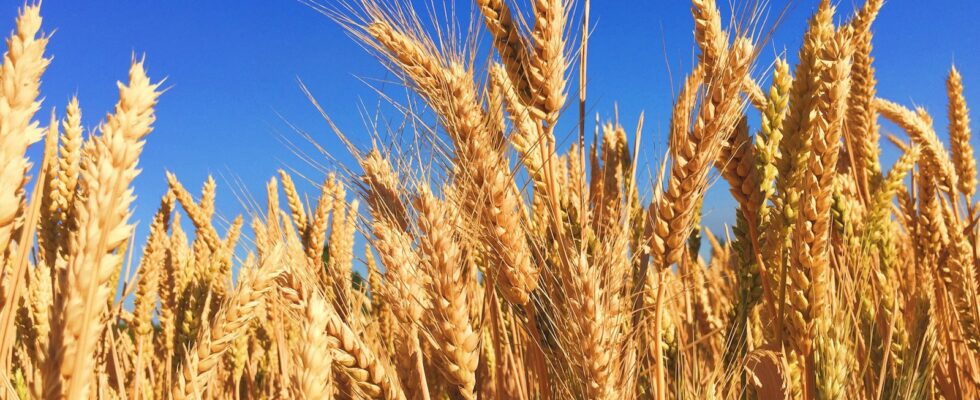 Food systems make up roughly a third of global greenhouse gas emissions.
Food systems make up roughly a third of global greenhouse gas emissions.
Last year’s UN climate summit, COP28, opened with a declaration on sustainable agriculture signed by more than 130 countries, announcing their intentions to integrate food and agriculture into their climate plans.
The declaration made a specific commitment to “accelerate and scale science and evidence-based innovations which increase sustainable productivity and production of agriculture”.
Australia, for its part, has been steadily working towards boosting sustainability within the production industry.
The country has committed to net zero emissions by 2050.
However, a 2023 CSIRO report found the agriculture industry would not reach carbon neutrality by 2030.
While efforts to enhance sustainability in Australian agriculture have been multifaceted, they have not been collective. Strategies around precision farming techniques, renewable energy investment, farmer incentives to reduce emissions and regenerative farming are to be welcomed, but to date many have operated in isolation.
A more unified, broad-based approach is essential to effectively address the challenges posed by climate change in the agricultural sector.
This requires the implementation of comprehensive initiatives that encompass all facets of agricultural production and supply chains, integrating sustainable practices from field to fork.
No magic seaweed solution
In line with Australia’s commitment to net zero by 2050, Australia’s beef sector has committed to carbon neutrality by 2030.
In the red meat sector, the red seaweed species asparagopsis was looked to as a potential silver bullet for reducing emissions.
Australia has experienced a boom in seaweed farming startups in recent years.
But how effective is seaweed at boosting sustainability in agriculture?
In 2023, Australia conducted one of the world’s longest trials of a seaweed-based cattle food supplement which aimed to reduce methane.
Red seaweed was mixed in canola oil and added to the animals’ feed.
Early estimates had suggested the seaweed supplement could cut methane emissions by up to 96 per cent.
However, the 300-day trial saw emissions fall by just 28 per cent — well below expectations.
The supplement still offers promise, but further testing and adjustments are needed.
Before to red seaweed, lab-grown meat and meat alternatives were also heralded as the sustainable way forward for red meat and poultry.
However, we are yet to see real customer demand for meat substitutes.
The actual steps to sustainability
Science Based Targets’ Forest, Land and Agriculture Guidance is the world’s first framework for companies in land-intensive sectors to set science-based
targets that will reduce global greenhouse gas emissions from agriculture, forestry and other land use by 22 per cent.
To achieve this by 2030, companies need to reduce their scope 3 emissions by 30 per cent at a rate of 2.4 per cent per year.
This cannot be done without the agricultural industry fully embracing in-built sustainability and productivity at all stages across the supply chain.
If we are to truly transition to a sustainable industry, the need for continued profitability cannot be set aside.
The journey towards sustainability in agriculture demands a unified and comprehensive approach driven by technological advances.
While individual initiatives have shown promise, true progress lies in embracing the full range of sustainability.
By integrating sustainability into agricultural practices, we can navigate towards a future where food production is not only efficient and profitable but also environmentally responsible, mitigating the impacts of climate change while meeting the needs of our growing global population.
By Remo Carbone, CEO of MEQ Probe
This article was first published by The Countryman
